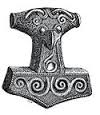

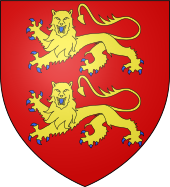
The Court of Chief Pleas of Guernsey Channel IslandsOne of the most Ancient Feudal Courts in the world !
The Court of Chief PleasThe Court of Chief Pleas is an ancient Court and is constituted in the same way as a Full Court. Nowadays it will typically sit only once per year. It is attended by the Full Court, the Law Officers of the Crown, Advocates and the Seigneurs and Bordiers owing suit to the Court. In recent times it has become a Court dealing largely with ceremonial matters and sits at the start of the Legal Year. Speeches are made by the Bailiff and H.M. Procureur. The Court of Chief Pleas is held annually after Michaelmas and consists of the Bailiff sitting with a full Bench of sixteen Jurats. The official ceremony is usually held on the first monday in October. The day starts at about 930AM with the sitting of the Court with Full Dress of Robes, Uniforms, and Toques.
This Court is usually attended by His Excellency the Lieutenant Governor. It is at this Court that a full roll call is made of all members of the Guernsey Bar, together with Parish Constables and Seigneurs. The business of this Court, other than the roll call, mainly comprises of the following:-
Sometimes the dinner is held at the Old Government House in St. Peter Port.
All of these proceedings are controlled by the Law Officers of The Crown. www.gov.gg Seigneur of Sark with Commissioner George Mentz, Seigneur of Blondel IntroductionThe Bailiwick of Guernsey is a British Crown Dependency in the English Channel off the coast of France. In addition to the island of Guernsey itself, it also includes Alderney, Sark, Herm, Jéthou, Brecqhou, Burhou and other small islands. With Jersey, they form thearchipelago known as the Channel Islands. HistoryDuring the migration of the Bretons to theArmorica in thesixth century, they occupied the Channel Islands (then called Lenur Islands)which were on their road. At that time, Guernsey was called Lesia. It was part of the kingdom of Brittany in theninth century, but was subject to Viking incursions from that time. In the year 933, the King of France gave the Avranchin and the Cotentin (on which Lesia/Guernsey depended) to the Duke of Normandy Guillaume Longue-Epée, at load for him to conquer them. THE island of Guernsey and the other Channel Islands represent the last vestiges of the medieval Duchy of Normandy, divided since 1204 between theEngland and France. That year, the King of France Philip Augustus conquered mainland Normandy, the King of England John without Earth retaining the Channel Islands. Despite numerous French attempts, Guernsey and its neighbors remained under the scepter of the King of England, reigning here under the title of "Duke of Normandy". These islands were the only dependent territories of the British crown occupied by Germany during the Second World War and were the scene of Operation Ambassador. PoliticsThe States of Guernsey, officially referred to as the "States of Deliberation", consist of 59 members, 45 of whom are MPs, elected by districts with one or more members every 4 years, and 10 are parish treasurers representing the parish authorities. There are 2 representatives of Alderney and Sark, which are self-governing dependencies of the bailiwick. There are also 2 non-voting members - the Attorney General and the Advocate General, both appointed by the Sovereign. Laws passed by states are called 'Ordinances'. Government of GuernseySince 2004 there has been a system of ministerial government. The legal system is derived from Norman and English laws. Feudal systemWithout any political or judicial power for several decades, guernsey's feudal system has been maintained until our days. There are officially 75 fiefdoms, headed by a "lord", or a "lady". The British Crown in the person of the Duke of Normandy, Queen Elizabeth II actually owns 29 of her fiefs, most of which belonged to abbeys or lower Norman priories, before the sixteenthcentury. In fact, in 2004, there were 24 private lords totaling 46 lordships inherited from this feudal system, with the exception that two of these 46 lordships are in joint ownership between several owners. These fiefdoms belong to very old local lineages that have given many officers, bailiffs, jurats and lawyers. These few families reunite in their hands, following endogamous marriages, several of the small rural fiefdoms, resulting from the partitions made during history, according to the precepts of Norman customary law, still in force. As in England and according to a centuries-old system, fiefs can be sold by lords to other individuals. Each lord is bound, according to custom, to make faith and homage to the Duke or his representative. This tribute is sometimes staged during the Queen's state visits to the Channel Islands. Unlike the lord of Sark, the Gueurnesiais lords retained only feudal rights, but lost all their proper seigneurial rights since the nineteenthcentury and in the following. The lords played a social role until the first half of the twentiethcentury. The feudal courts have also practically disappeared, with the exception of the courts of the fief Le Comte (Lenfestey family) or the fief of Blanchelande (to the bailiff of Guernsey, ex officio,in Saint-Martin). The seneschal of a fief, and his officers were usually chosen from among the inhabitants of the fief, as required by feudal customs. In the example of the fief of Blanchelande, which once belonged to a priory of the old Blanchelande Abbey (in Neufmesnil, France, Manche), the court of the fief still consists today of the seneschal, four vavasseurs, and the officers who are the clerk and his clerk, the provost, a sergeant and a granary. In the fiefs, this court was held either in a special room or room of the pleas, or on a stone bench located on a main axis of the lordship. Some of these benches have been preserved. The Feudal Duees Law Act of 1980 definitively extinguished the private nature of the remaining seigneurial royalties by transferring them to the Crown. In 2002, a supplementary law provided for the abolition in 2003 of the right of "thirteenth" (transfer duty) for the benefit of private lords, because of the exemption enjoyed by farms held in fiefs and francs fiefs (seigneuries). This tax now goes to the Crown. The lords and ladies of the most important Guernsey fiefdoms traditionally sit on the Court of Chief Pleas,with the lawyers practising on the island and the elected constables of the parishes, during its solemn sittings "in body" (or full court) three times a year. To sit, lords and ladies must have rendering tribute from their fief to the Crown or its representative, the Lieutenant Governor of Guernsey. However, even if the presence of the lords and ladies is obligatory at these three sessions, they no longer opine in the debate but only respond to their name. This survival indicates, however, that the Guernsey lordships have retained their moral and legal personalities. Became owners of several seigneuries (in English: manors),a certain number of stately dwellings have been converted into hotel luxury (Hotel de La Barbarie, for the fief of Blanchelande, or the manor from Longueville to Saint-Sauveur), or all simply sold, which is permitted under customary law. Some lords have maintained the estate rich in rare botanical essences, and open it to the visit, such as the manor ofSausmarez (Sausmarez Manor). It still belongs to the family of Sausmarez, one of the oldest on the island with that of Carteret. One situation Similar exists in Jersey. JusticeJustice is administered by the Court of Chief Pleas, which is composed of professionalmagistratesfor its ordinary sittings. around of the Bailiff and the jurats, and of the bodies constituted for its three annual "in body" sessions (including hereditary lords and ladies, and the elected constables of the parishes).
International statusThe Bailiwicks of Jersey and Guernsey and the Isle of Man are considered by the Council of theEurope (by the Treaty Office and its legal services) as territories for whose international relations the United Kingdom is responsible. These territories do not have the international legal personality that would allow them to be parties to Council of Europe treaties. On the other hand, where the United Kingdom is a party to a Council of Europe treaty, it may (in agreement with the territories concerned) declare that that treaty applies (or not) to those territories. The absence of legal personality does not mean, however, that they are assimilated to the United Kingdom or the EU, whose State was formed by the Union of the former Kingdoms of England and Scotland and the Duchy of the Country of Wales). But historically, the Duchy of Normandy has never formally ceased to exist as a state (which has become independent of the Kingdom of France) even though it only remained thereafter on its last island lands. Although previously grouped under the name "BritishIsles" (British Isles,not to be confused with British Islands),the bailiwicks gained greater autonomy with the creation of states like here in Guernsey, independent of the States of Jersey. The question therefore arises today about the recognition of the bailiwicks of the Crown as a State, even without legal personality at the international level (which seems to no longer be the case since the creation of the "States of Jersey", "the States of Guernsey" and "those of Man" (note the plural), and the ongoing modernization of old medieval legislation. The registration of the Seigneur of Fief Thomas Blondel directly with the Crown in the Royal Courts indicates a few significant points about the nature of this seigneurial title and its relationship with the Crown:
Seigneurs of Guernsey with Commissioner Mentz on the Right as Foreign Dignitary
Overall, the registration of the Seigneur of Fief Thomas Blondel with the Crown underscores the enduring legacy and formal recognition of this seigneurial title within the legal and historical framework of the Channel Islands. |
Seigneur de la Fief of Blondel Lord Baron Mentz of Fief Blondel Geurnsey Crown Dependency Seigneur Fief of Blondel George Mentz Lord Baron of Fiefdom Blondel Freiherr of Fief Thomas Blondel Feudal Lord of Baronnie - Noble Fief Barony Friherre > Court of Chief Pleas Seigneurs and Dames Travel Research Lord Paramount Feudal Barons The Seigneur Order Patron George Mentz Charter of Liberties Deed & Title Fief Blondel Islands Viking Kingdom Fief Worship Fiefs of the Islands ECS Extended Continental Shelf Styles and Dignities Territorial Waters Blondel Privy Seal Fief Bouvees of Fief Thomas Blondel Guernsey Court of Chief Pleas Fief Court Arms Motto Flower Fief de l'Eperon La Genouinne Kingdom of West Francia Fief DuQuemin Bouvée Phlipot Pain Bouvée Torquetil Bouvée Bourgeon Bailiwick of Ennerdale Channel Island History Fief Direct from the Crown A Funny Think Happened On the Way to the Fief Guernsey Bailiwick of Guernsey - Crown Dependency Confederation des Iles Anglo-Normandes Sovereignty Papal Bull Research Links Norse Normandy Order of the Genet Order of the Genet Order of the Star Est. 1022 Knights of theThistle of Bourbon Count of Anjou Fief Rights Blondel and King Richard Press Carnival Manorial Incidents Appointments of Seigneurs Store Portelet Beach Roquaine Bay Neustrasia Columbier Dovecote Fief Blondel Merchandise Fief Blondel Beaches Islands Foreshore Events Fiefs For Sale Sold Lords of Normandy Fief Coin Viscounts de Contentin Fief Blondel Map Feudal Guernsey Titles Board of Trustees The Feudal System Hereditaments Chancellor Flag & Arms Fief Videos Guernsey Castle Sark Contact Advowson Site Map Disclaimer Freiherr Livres de perchage Lord Baron Longford Income Tax Guernsey Valliscaulian Order Saint Benedict of the Celestines Society of Divine Compassion Dictionary Count of Mortain Seigneur de Saint-Sauveur Seigneur of Fief Ansquetil Top Success Books Datuk Seri George Mentz Order St. Benedict OSB Celestines Order of the Iron Crown Order of the White Falcon Colonel Mentz Order Red Eagle Order St. Louis Order Holy Ghost Order of Saint Anthony Order of the Black Swan Order of St Columban Order of the Iron Helmet Livonian Brothers of the Sword Fief treizième and Direct from Crown Valuation Fief Blondel Prince of Annaly Teffia
Feudal Lord of the Fief Blondel of the Nordic Channel Islands Guernsey Est.
1179
Feudalherr - Fief Blondel von der Nordischen Insel Guernsey Est. 1179
New York Gazette - Magazine of Wall Street -
George Mentz -
George Mentz - Aspen Commission - Mentz Arms
Counselor George Mentz Esq. - Seigneur Feif BlondelBaron Annaly Baron Moyashel Grants to Delvin About Longford Styles and Dignities The Seigneur Court Barons Fiefs of the Islands Longford Map The Island Lords Market & Fair Fief Worship Channel Island History Fief Blondel Lord Baron Longford Fief Rights Fief Blondel Merchandise Events Blondel and King Richard Fief Coin Feudal Guernsey Titles The Feudal System Flag & Arms Castle Site Map Disclaimer Blondel Myth DictionaryMentz Scholarship Program 101 Million Donation - Order of the Genet Knighthood |
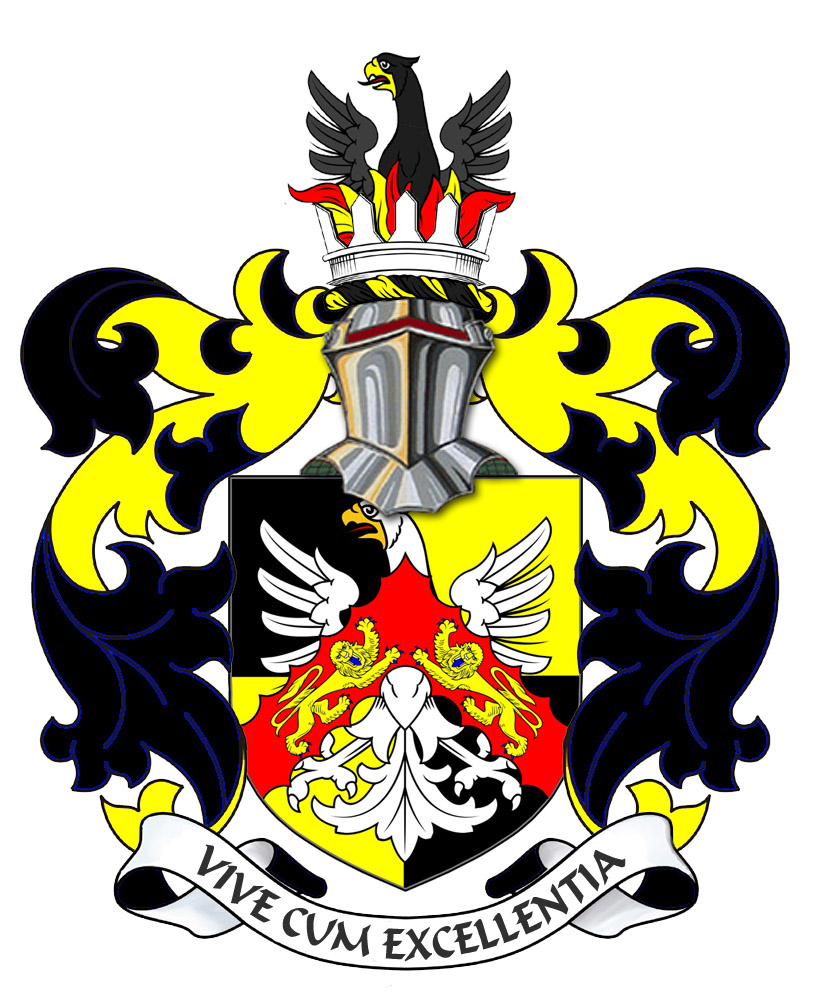
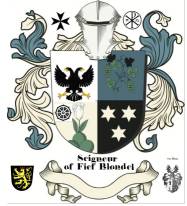
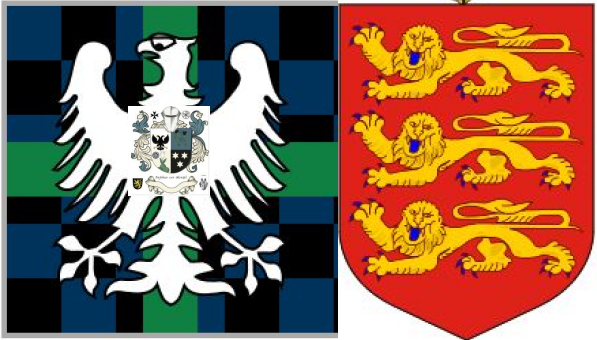
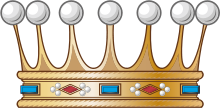
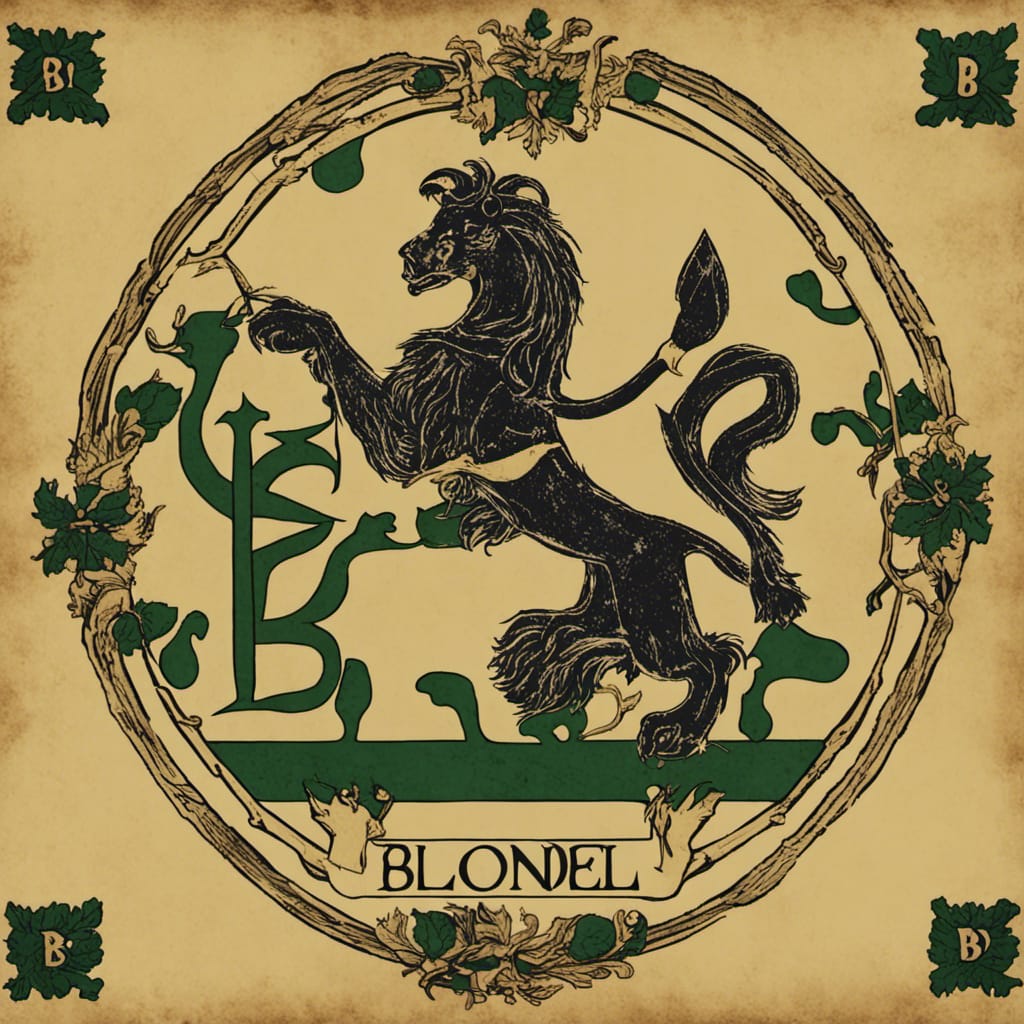
George Mentz Education -
Commissioner George Mentz
-
https://finance.yahoo.com/news/commissioner-george-mentz-clinches-influencer-180000705.html
-
George Mentz News -
George Mentz Net Worth - George Mentz Noble Tilte -
George Mentz -
George Mentz Trump Commissioner -
George Mentz Freiherren Count Baron -
George Mentz Global Economic Forum -
George Mentz Donates Millions

